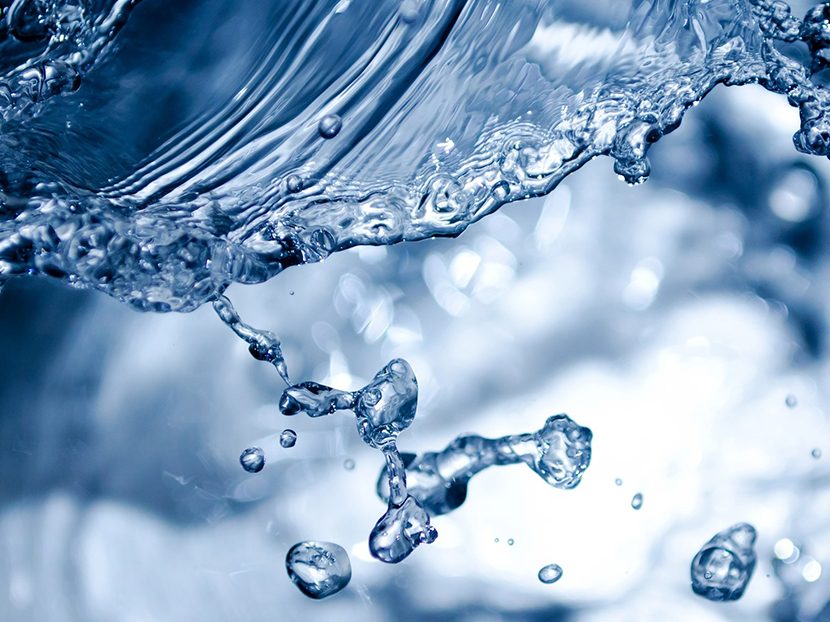Emerging Water Technology Symposium Extends Deadline to Submit Abstracts

The deadline to submit an abstract for the seventh biennial Emerging Water Technology Symposium (EWTS), to be held May 12-13, 2020, in San Antonio, has been extended to Friday, Nov. 29.
While all abstracts are welcomed, the symposium is specifically seeking abstracts on the following topics:
- Health impacts of PFA/PFOs in drinking water and related water treatment technologies
- Leak detection technologies
- Risk-based water treatment methods for water reuse
- Smart metering
Submission forms may be downloaded from the EWTS website.
The symposium will be co-convened by the American Society of Plumbing Engineers (ASPE), the Alliance for Water Efficiency (AWE), the International Association of Plumbing and Mechanical Officials (IAPMO), and Plumbing Manufacturers International (PMI), in cooperation with the World Plumbing Council (WPC).
"The 2020 EWTS will once again be a must-attend event for the plumbing and water efficiency industries," said Pete DeMarco, executive vice president of advocacy and research for the IAPMO Group and lead organizer for the EWTS. "Among many presentation topics, you will hear from the National Institute of Standards and Technology (NIST) on prioritized research needs for premise plumbing and plumbing design for water and energy efficiency, as well as discussions on the latest technologies for managing water systems in buildings for pathogen control and for optimizing hot water supply and circulation systems."
The EWTS provides an opportunity for experts to present new ideas and approaches, emerging technologies coming to market, innovative green plumbing and mechanical concepts, and more. Professionals from the manufacturing, engineering, plumbing and mechanical, and water utility industries participate, along with individuals from government and academia.
For more information, contact Pete DeMarco at pete.demarco@iapmo.org.




